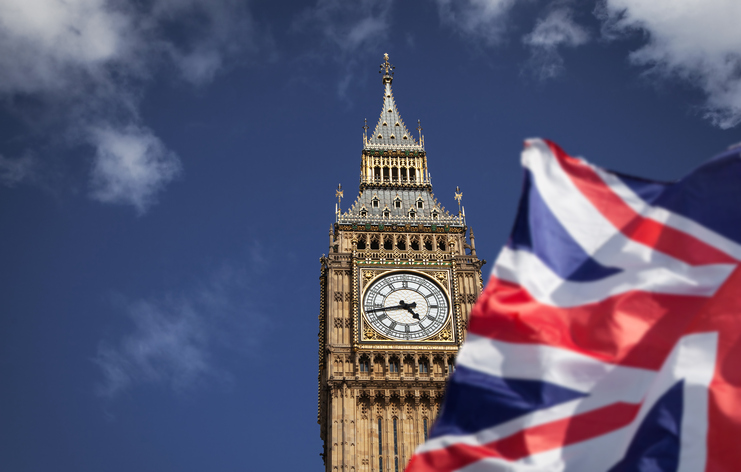British Prime Minister Theresa May published her blueprint for relations with the European Union after Brexit, including how the country will manage immigration, a key issue during 2016’s referendum.
Below are the main points on how Britain hopes to control the movement of people after the country leaves the European Union in March next year.
– About 3.5 million EU citizens live in Britain and about 800,000 UK nationals live in communities across the EU, the government said, and both Britain and the EU had already agreed that people will continue to be able to move, live and work on the same basis as now up until the end of December 2020.
– In future, the UK government and Parliament will determine domestic immigration rules, the government said in its White paper that details its proposals. Free movement of people will end as the UK leaves the EU, it said.
– The UK said it wanted an immigration policy that supports businesses to provide services and to move talented people, and allows citizens to travel freely, without a visa, for tourism and temporary business activity.
– It said it also wants to facilitate mobility for students and young people, enabling them to continue to benefit from universities and the cultural experiences the UK and the EU have to offer.
– Immigration rules will be as streamlined as possible to ensure smooth passage for legitimate travel while strengthening the security of the UK’s borders, it said.
– The proposals will also include arrangements to ensure that UK citizens living in the EU, in future, continue to benefit from their pension entitlements and associated healthcare.
(Reporting by Paul Sandle; editing by Kate Holton)







